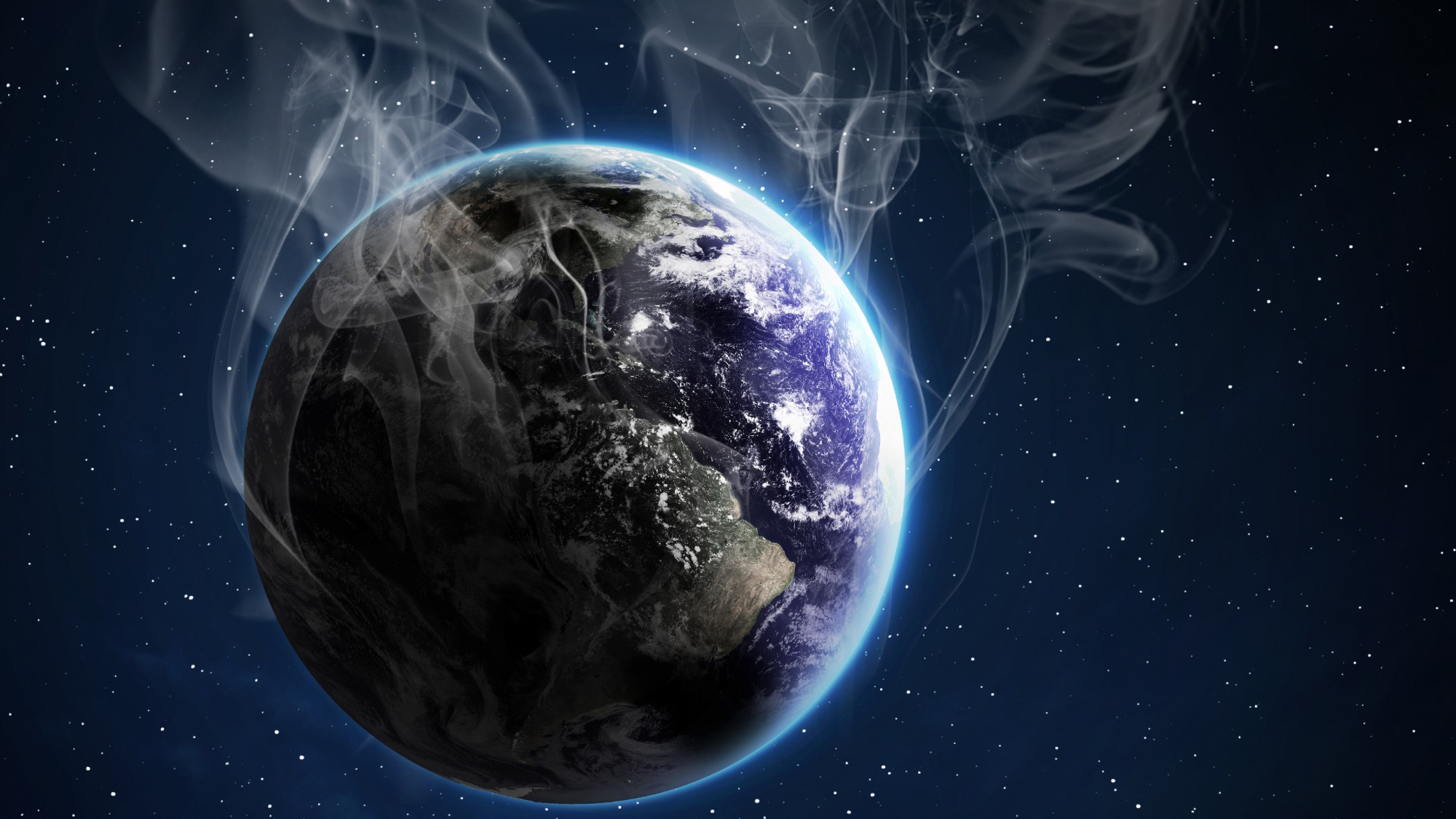One of the world’s largest and most influential science organizations is launching a new campaign to cut through the noise of climate denialism and help the public understand the threat of climate change.
The American Association for the Advancement of Science kicked things off on Monday by publishing a 20-page report entitled What We Know. The gist: We know that global warming is real, risky, and demands a serious response — “the three Rs of climate change.”
“We’re trying to provide a voice for the scientific community on this issue so that we can help the country, help the world move this issue forward,” AAAS CEO Alan Leshner said during a call with reporters on Tuesday morning. “If we don’t move now we are at tremendous risk for some very high impact consequences, many of which are laid out in the report.”
The AAAS has also assembled a panel of a 13 leading scientists who will make public presentations and try to spread climate smarts far and wide.
Here’s an explanation of those three climate Rs from the initiative’s website:
The first is Reality — 97% of climate experts have concluded that human-caused climate change is happening.
The second is Risk — that the reality of climate change means that there are climate change impacts we can expect, but we also must consider what might happen, especially the small, but real, chance that we may face abrupt changes with massively disruptive impacts.
The third R is Response — that there is much we can do and that the sooner we respond, the better off we will be.
The report is not all gloom and doom. The call to action is premised on hope:
By making informed choices now, we can reduce risks for future generations and ourselves, and help communities adapt to climate change. People have responded successfully to other major environmental challenges such as acid rain and the ozone hole with benefits greater than costs, and scientists working with economists believe there are ways to manage the risks of climate change while balancing current and future economic prosperity.
As scientists, it is not our role to tell people what they should do or must believe about the rising threat of climate change. But we consider it to be our responsibility as professionals to ensure, to the best of our ability, that people understand what we know: human-caused climate change is happening, we face risks of abrupt, unpredictable and potentially irreversible changes, and responding now will lower the risk and cost of taking action.
Renowned climate scientist Michael Mann — a member at large of AAAS’s atmospheric sciences division but not a member of the new climate panel — lauded the initiative. “AAAS is the largest non-governmental scientific membership body in the world, so them taking such an affirmative role in the societal debate over climate change, and what to do about it, is significant,” Mann told Grist.
“The crux of the matter is that, despite the overwhelming scientific consensus that exists that, (a) climate change is real, (b) it is caused by us, and (c) it poses a grave threat to society if we do nothing about it, the public still thinks that there is a ‘debate’ on each of those elements,” Mann said.



